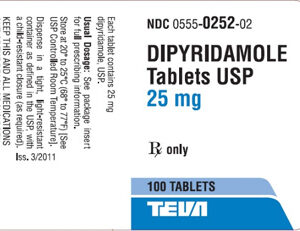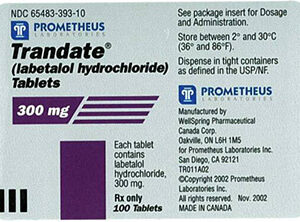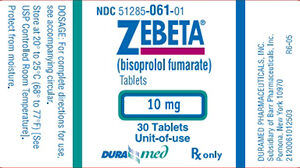Micardis is a medication that belongs to a class of drugs known as angiotensin II receptor blockers (ARBs). It is commonly prescribed for the treatment of hypertension (high blood pressure) and to reduce the risk of cardiovascular events such as stroke and heart attack. The active ingredient in Micardis is telmisartan, which works by relaxing blood vessels, thereby lowering blood pressure. Micardis is available in tablet form and is typically taken orally once a day.
Health Risks
Micardis should not be taken by individuals who have a known hypersensitivity or allergy to telmisartan or any other component of the drug. It is also contraindicated in patients with a history of angioedema (swelling of the face, lips, throat, or tongue) related to previous use of angiotensin-converting enzyme (ACE) inhibitors or angiotensin II receptor antagonists. Micardis is not recommended for use in pregnant women as it may cause harm to the fetus. Patients with severe renal impairment or on dialysis should exercise caution when using Micardis.
Adverse Reactions
Like any medication, Micardis can cause side effects in some individuals. Common side effects include dizziness, headache, fatigue, and gastrointestinal disturbances such as diarrhea and abdominal pain. Less frequently reported side effects include back pain, muscle cramps, and angioedema. In rare cases, Micardis may cause an allergic reaction characterized by rash, itching, or difficulty breathing. If any severe or persistent side effects occur, it is important to seek medical attention.
Micardis Dosing
The recommended starting dose of Micardis for the treatment of hypertension in most adults is 40 mg once daily. For some patients, a lower starting dose of 20 mg may be appropriate. The dosage may be increased to a maximum of 80 mg per day if blood pressure remains uncontrolled. Micardis can be taken with or without food. If a dose is missed, it should be taken as soon as remembered unless it is close to the time for the next scheduled dose. In case of overdose, emergency medical attention should be sought.
How Other Drugs Affect Micardis
Micardis may interact with certain medications, potentially altering their effectiveness or increasing the risk of side effects. It is important to inform your healthcare provider about all other prescription and over-the-counter drugs, as well as any herbal supplements or vitamins, you are taking. Drugs that may interact with Micardis include potassium-sparing diuretics, nonsteroidal anti-inflammatory drugs (NSAIDs), lithium, and certain antidiabetic medications. Your healthcare provider can provide guidance on the safe and appropriate use of Micardis in conjunction with other medications.
The Answers You Need
- Q: Can I take Micardis if I am pregnant?
- Q: Can I drink alcohol while taking Micardis?
- Q: Can I take Micardis if I have kidney problems?
- Q: Can Micardis be taken in the evening instead of the morning?
- Q: Can I stop taking Micardis if my blood pressure is under control?
A: Micardis is not recommended for use during pregnancy due to the potential risk to the fetus. Consult with your healthcare provider for alternative treatment options.
A: Moderate alcohol consumption is generally not contraindicated with Micardis. However, excessive alcohol intake may increase the risk of hypotension (low blood pressure). It is best to consult with your healthcare provider for personalized advice.
A: Micardis should be used with caution in patients with severe renal impairment or on dialysis. Your healthcare provider will assess your kidney function and determine the appropriate dosage and monitoring plan.
A: Micardis can be taken at any time of the day, but it is important to take it consistently at the same time each day to maintain stable blood levels.
A: Micardis should be continued as prescribed by your healthcare provider, even if your blood pressure is well-controlled. Stopping the medication abruptly may cause your blood pressure to rise again.






Reviews
There are no reviews yet.